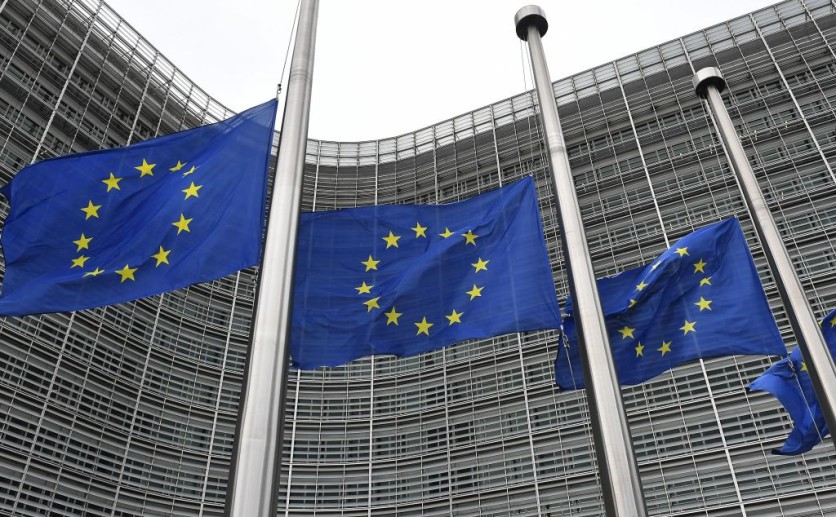The European Union (EU) has presented plans to transform its policies on critical raw materials, by reducing imports from countries like China and increasing financial incentives for domestic production.
The proposal aims to move the EU toward a climate-neutral economy while also strengthening its strategic independence, according to a report by AP on Thursday, March 16.

Strategic Raw Material
By decreasing imports from nations like China and boosting financial incentives for domestic manufacturing, the European Union has plans to change its policies on essential raw materials.
The plan seeks to increase the EU's strategic independence in a dynamic world of geopolitical alliances while also guiding the EU toward a climate-neutral economy.
The initiatives represent an important step in raising the bar for the EU, according to Internal Market Commissioner Thierry Breton.
The EU will guarantee that not more than 65% of the consumption of any strategic raw material comes from a single third country and that at least 40% of the clean tech required by the 27-nation union will be produced within its borders by 2030.
Currently, the EU imports 98% of its rare earth material, 97% of its lithium, and 93% of magnesium from China, which poses a significant challenge in achieving the EU's clean tech and strategic goals, according to AP.
Read Also : EU Official Urges Elon Musk to Make Progress on Twitter Amid New Law Against Hate Speech, Misinformation
Critical Raw Materials Club
Everything from solar panels to heat pumps to electric vehicles depends on essential raw materials. In order to lessen its existing reliance on just one or a few nations, the EU is seeking to forge partnerships with the United States and Canada, to form the Critical Raw Materials Club.
Ursula von der Leyen, president of the European Commission, believes that enhancing collaboration with such allies will further solidify the Western bloc in a world that is becoming more unstable.
Although it considers flexible state aid regulations and subsidies as essential components to achieving its green economy goals, AP notes that the plan represents a substantial break from the EU's decades-long reliance on preaching the gospel of free-market economics.
To achieve its clean technology and strategic goals, the EU will need to make a major economic shift. This shift will involve developing a green economy by embracing clean tech and reducing dependence on fossil fuels.
Despite the ambitious plans, the proposal still needs approval from the EU's 27 member states and parliament, which is expected to take many months, possibly over a year. Once approved, the critical raw materials plan will be followed by plans for the Net-Zero Industry Act on industrial incentives.
Related Article : EU Could End the 'Apple Tax' with the Digital Market Act that Could Force the Company to Give Up Its 'Monopoly'

ⓒ 2025 TECHTIMES.com All rights reserved. Do not reproduce without permission.




